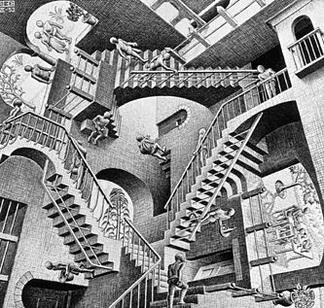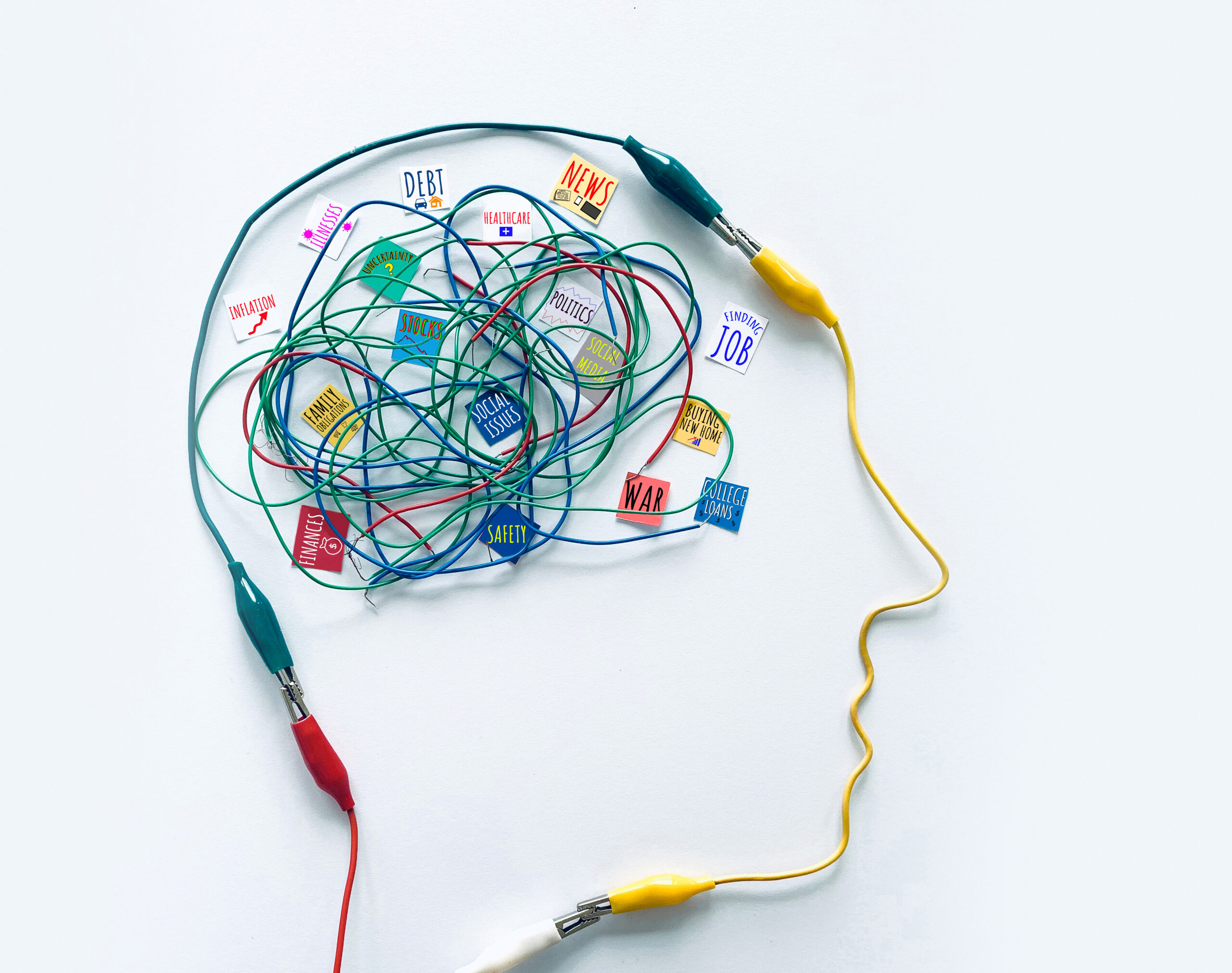Let’s all take a moment to collectively mourn our loss of the dream called “The Web.”
Born about 20 years ago, I come to bury The Web dream that, initially, harkened a new era of human communications and connectiveness but today lies in ruins*.
The “killer application” of the Internet (pun intended) – the digital advertising ecosystem, a.k.a. adtech – took the early dream of The Web and trampled it under the wagon wheels of profits and unbridled greed.
The Web of 2001 was like a digital Camelot that briefly shined so brightly and much like the fabled Camelot – in 2021 it burned up amidst the stresses of the Surveillance Economy that put a price on every digital soul.
The extent of the catastrophe is evident only now because we can observe the epic battles being waged by the largest ad firms all looking to protect the ethically-challenged Surveillance Economy they worked so hard to create.
From Facebook and Google to all the large adtech firms, they worked hard to standardize, commoditize and productize our most intimate digital desires, then offering them to middle men who made huge profits in massive, illegal harvesting operations – all stealthily executed under the cover of digital darkness.
Adtech took aim at heart of The Web’s promise to empower users and to democratize information production, and blasted it out of existence with algorithms. These algo’s created echo chambers excluding genuine and spontaneous topic exploration. They gave us “Fake facts” that achieved broad visibility that would rival the largest advertisers. They created toxic exchanges that traded in fake digital flotsam called impressions, which quite fittingly, is sold in units of 1,000 called CPMs, reflecting the overall low quality/ value of an impression.
The final assault on the ideal of The Web is the duplicity of adtech firms that talk the “trust” talk but don’t walk the “trust” walk. For example, Google’s move to “kill” 3rd party cookies sounds like real privacy protection but look under the hood closely and you realize Google’s move is just a privacy veneer allowing Chrome to track you but no one else, (explained here: https://trustwebtimes.com/why-i-object-to-adtechs-mega-id-initiatives-and-you-should-too/). Or in the current, epic Facebook/ Apple battle where Facebook astonishingly is arguing that no Apple data means that small business can’t run as much targeted advertising on their platform.
The chutzpah of Facebook arguing this high road principle is gobsmacking.
And all adtech firms who relied on 3rd party cookies are proudly touting their shiny “new” universal ID initiatives as privacy first but this is completely false. These solutions do track people albeit with different tracking mechanism such as email. Ya – it’s crazy.
This forces us to confront the truth of our losses at all levels. Here are six aspects of The Web dream that are likely gone forever. We will never forget you.
- Facts. This cherished artifact of my childhood is strangely out of place in our “Wag the Dog” era. We can now boldly lie where no one has lied before and one man’s truth can be twisted to become another man’s conspiracy theory. Simply put, it’s not about telling the truth – its about lying first to control the narrative.
- A friendly Facebook. Never will this company live up to the promise of its earliest days to make the world a better place. This is a significant, irreversible mortal blow and the tombstone reads: “Here rests the Facebook dream. It was taken from us too soon.”
- Menschlakeit. A Yiddish word that means “human decency” went on the extinction watch list. Again and again, lines in the sand were crossed – politically or socially or in Silicon Valley. Digital bullying, social media harassments, death threats for independent thinkers, misogyny, exclusion and racism are highly toxic activities that were given a most efficient and free platform aptly weaponized by a lot of bad actors. Menschlakeit (human decency) is in critical condition because thoughtfulness and kindness is not nearly as profitable as being an online extremist and/ or jackass (preferably both).
- Shared American narrative. This died the bloodiest death because the technological ease of content distribution changed the body politic in significant ways. Our shared American narrative of a meritocracy; blind to race or ethnicity, gender, represented an ideal where everyyone could raise themselves up through hard work has been corrupted, riddled with extremism, conspiracy theories and political division that leaves one breathless.
- “Judy Consumer’s” digital soul. Like that scene in Pinocchio where the boys who land on Pleasure Island are promptly transformed into donkeys to be bought and sold, Judy Consumer’s digital soul was sold again and again to the highest bidder. One can debate how privacy expectations change between different age groups but this issue goes beyond privacy. The loss of an individual’s ability to control their data means people are tightly targeted with “personalized” ads that eliminate any potential for a truly “spontaneous” web experience that isn’t tainted by what Google or the adtech companies think you should learn about today. Our digital free will has been co-opted leaving us little more than the “living dead” in some awful scifi, digital horror flik.
- Safe spaces in our mind. Tucker is a prime example of the monetization engine in the “shock machine.” Online shock drives engagement which is, generally speaking, as attractive to advertisers as honey is to a bear. In the shock tsunami though, brands have a very hard time ensuring their advertising is on brand safe content. At the same time, digital audiences have no safe spaces where we extremism can’t penetrate or where our minds aren’t constantly pushed to see extreme content – all helpfully served to us by content recommendation engines – engineered to evoke some action from us. There are few digital safe spaces where we can just “be.”
There you have it – my obituary to the multiple losses we have endured during this past year – a year that will go down in the record books as unprecedented and inconceivable.
My heart is strengthened by knowing that, unlike real people, redemption and resurrection is possible in those dreams we hold dear. Redemption rests with opening our minds and hearts to a new idea called The Trust Web.
* Author’s Note: My vantage point on the death of the Web dream is grounded in my direct experiences of helping birth the Web in its earliest years, circa 1997- 2002 at Bell Labs. It was during this formative, very early period, we understood we were changing the world and it was an intoxicating, potent mixture of wonderment, awe and sacredness that is very hard to fully convey to today’s tech generation where the Internet to be as ubiquitous as the air we breathe.
Therefore, my sense of loss is, perhaps, more keenly felt than most. But in the loss, there is a North Star we can follow if we look at where it all started all the way back in 2001. We can recapture the potential of what the Web should have been because we know so much more now than we did 20 years ago. This is our shot to get it right. Join us.





